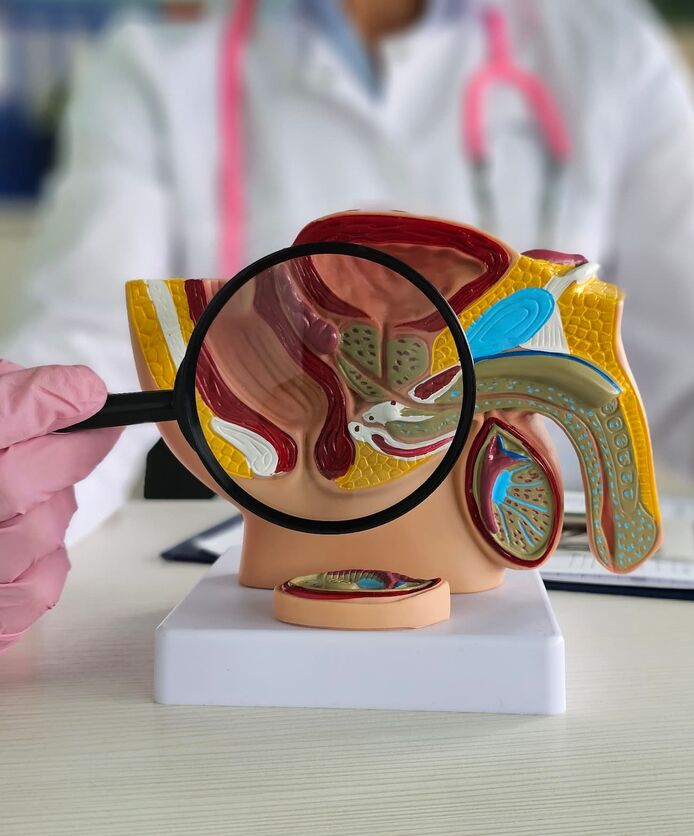- Home
- Online Doctor
- Period Pain
- Naproxen
Frequently asked questions
-
What is Naproxen, and how does it help with period pain?
Naproxen is a nonsteroidal anti-inflammatory drug (NSAID) that helps alleviate menstrual discomfort by reducing inflammation and pain. It's an effective option for managing period pain.
-
What is the recommended Naproxen dosage for period pain?
The recommended dosage may vary, but generally, Naproxen 250mg or 500mg taken as directed by your healthcare provider can provide relief from period pain.
-
How quickly does Naproxen work for period pain?
Naproxen typically starts to work within a few hours, providing relief from menstrual discomfort. It's essential to follow the recommended dosage for optimal results.
-
Are there any side effects associated with Naproxen for period pain?
While generally well-tolerated, some users may experience mild side effects. Consult with your healthcare professional for a personalised assessment of potential side effects.
-
Can Naproxen be taken with other medications for period pain?
It's crucial to inform your healthcare provider about all medications you are taking to ensure there are no potential interactions. They can provide guidance on combining Naproxen with other period pain medications if necessary.
Latest Articles

Written by Sobia Qasim, Reviewed by Usma Parveen -
12th February 2025
Which contraceptive pill is best?

Written by Sobia Qasim, Reviewed by Usma Parveen -
12th February 2025
How to get rid of flu

Written by Sobia Qasim, Reviewed by Usma Parveen -
16th December 2024
What causes erectile dysfunction?

Written by Sobia Qasim, Reviewed by Usma Parveen -
16th December 2024
What are the symptoms of flu?

Written by Sobia Qasim, Reviewed by Usma Parveen -
12th December 2024
How to delay your period

Written by Sobia Qasim, Reviewed by Usma Parveen -
12th December 2024
